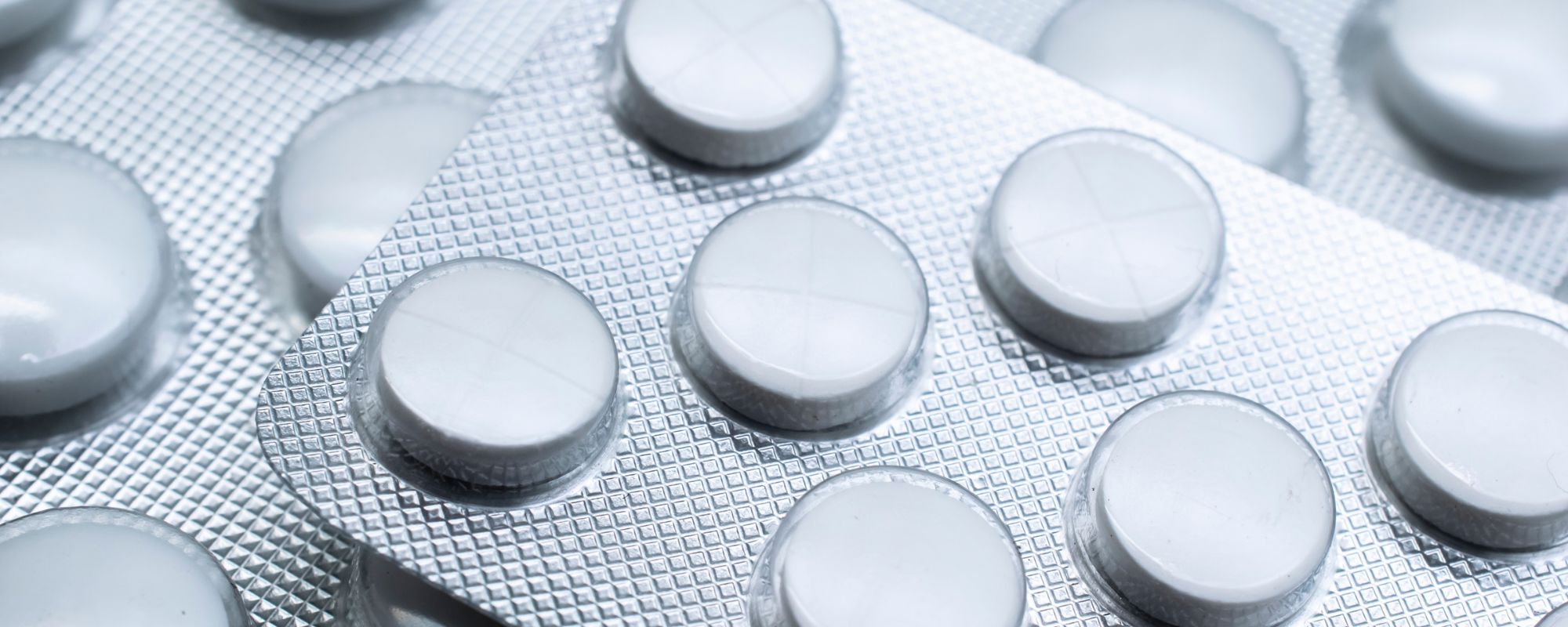It’s no secret that alcohol is addictive. But why is alcohol addictive? If you or someone you has a problem with drinking, knowing why alcohol is addictive can help you better understand your risk for developing physical and mental dependence and addiction.
It is important to explore some of the reasons why alcohol addiction occurs so that you can get help if you recognize the signs of addiction in yourself.
Addictive Factors of Alcohol
Alcoholism, also known as alcohol use disorder (AUD), is a chronic disease that changes your brain functions. There are many reasons why someone might start drinking heavily or develop an AUD. Some people drink to cope with trauma or stress, while others may drink alcoholic beverages as a “social lubricant.” It’s helpful to understand alcohol’s short-term and long-term impact on the mind and body. Understanding how drinking affects you offers a clearer answer to the question, “why is alcohol addictive?”
Short-term effects of alcohol use include:
- Increased relaxation
- Diminished stress
- Reduced inhibitions
- Focus issues
- Memory problems
- Lack of coordination
- Slowed reflexes
- Blurred vision
While the short-term effects of drinking can affect anyone, other long-term effects may determine the extent of the impact on your brain.
Long-term effects include:
- Increased depression
- Heightened anxiety
- Tolerance
- Increased cravings and substance use
- Psychological dependency
- Impaired learning
- Poor, shortened memory
- Stunted brain development
Alcoholism is a debilitating condition that can have a profoundly negative effect on every aspect of a person’s life. While the immediate effects of intoxication are well-known, most people have a surface-level understanding of the physical effects of alcohol abuse. To understand why alcohol is addictive, it’s important to take a closer look at some of the factors that contribute to AUD.
1. Alcohol Triggers the Release of Pleasure Chemicals
One of the most important psychological factors of alcohol addiction is the release of pleasure chemicals. When you have an alcoholic beverage, it stimulates the release of dopamine and endorphins within the brain. Dopamine is responsible for feelings of pleasure and reward, and it’s released when we do things that are good for us, like eating or having sex. Endorphins are typically released to help relieve pain, reduce stress, and improve mood.
The release of these “feel good” chemicals in the brain is a huge part of what makes alcohol so addictive. By decreasing pain and increasing pleasure, alcohol’s effects reinforce your patterns of abuse. More importantly, it is why people continue to drink even when it causes serious problems in their lives.
2. Drinking Rewires the Brain’s Reward System
An important long-term physical factor that contributes to alcohol addiction is the rewiring of the brain’s reward system. Alcohol tells the brain to produce dopamine. However, repeated alcohol abuse can also stunt the brain’s ability to produce dopamine. Typically, this occurs when your drinking habits overload the brain’s reward and pleasure centers, resulting in cravings to drink more.
With repeated exposure to alcoholic beverages, the brain reacts by producing less dopamine. This means that people who drink regularly gradually build a tolerance to the drug. As a result, they need to drink more to get the same pleasurable feeling they felt in the past.
3. Drinking Impairs Your Judgement
Alcohol affects GABA, or gamma-aminobutyric acid, another chemical in your brain. GABA is responsible for inhibiting your brain activity. When GABA is affected, it leads to a decrease in your ability to think clearly. As a result, drinking compromises your impulse control and decision-making abilities.
In general, drinking impairs your ability to make rational decisions, which makes it even harder to resist the urge to drink. This effect is also why intoxicated people are often more impulsive and reckless.
4. Alcohol Is a Harmful CNS Depressant
Alcohol is a central nervous system depressant, which slows down your brain and body functions. When you drink, it affects your judgment, coordination, and reaction time. It also alters your emotions and makes you feel less inhibited. These effects are why many people with social anxiety or a stressful workload often drink to “loosen up” or “relax.”
However, alcohol’s depressive qualities can have a significant effect on the brain. In fact, studies show that drinking alcohol alters serotonin levels in your brain and affects how the chemical functions. Serotonin is a key chemical in the prevention of depressive mood disorders. That’s why alcohol’s impact on it can encourage the development of an alcohol use disorder with co-occurring depression.
5. Heavy Drinking Feeds a Pattern of Abuse
While alcohol use causes euphoria in the beginning, people often end up drained, depressed, and physically ill the following day. Also known as a hangover, you may experience uncomfortable physical and mental side effects after drinking too much alcohol. According to scientific research, hangover symptoms occur due to alcohol’s effects on the:
- GI tract
- Urine
- Blood sugar
- Sleep
- Biology
People who abuse alcohol may seek the “hair of the dog,” upon waking up. They drink alcohol in the morning to lessen their negative symptoms and avoid a hangover. Drinking in the morning to prevent a hangover from a night of binge drinking indicates you have an unhealthy relationship with alcohol. You may find it incredibly difficult to stop drinking. To make matters worse, consistent hangovers can also lead to poor work performance and conflict due to irritability.
6. Drinking Can Lead to Psychological Dependence
When you drink alcohol regularly, you can develop a psychological dependence. This means that if you try to stop drinking, you may experience mental cravings that can encourage you to prioritize alcohol above other life responsibilities. Psychological dependence can make it very difficult to quit drinking without professional help.
Whether you drink to avoid a problem or loosen up, prolonged alcohol use can put you at risk of becoming psychologically dependent.
Examples of psychological dependence on alcohol include:
- Alcohol is your go-to coping mechanism
- Needing a drink to socialize with others
- Requiring alcohol to experience joy or relaxation
- Drinking to avoid negative feelings or thoughts
- Self-medicating with alcohol to lessen symptoms of a health condition
According to several studies on alcohol dependence and relapse, intense cravings or a desire to drink greatly increases your vulnerability for relapse. So, while you might feel that your mood is improved when you drink, misusing alcohol to “solve” a problem is never the right answer. Returning to an addictive substance is not a long-term solution. These behaviors can develop into a full-blown alcohol use disorder.
6. Drinking Can Lead to Physical Dependence
When you drink regularly, your body becomes dependent on it. This means that if you try to stop drinking, you will experience withdrawal symptoms like anxiety, shaking, and headaches. Physical dependence can make it very difficult to quit drinking without professional help.
In fact, several studies found that alcohol abuse can physically alter the brain’s chemistry and functioning over a long period of time. This is because the brain adapts to alcohol’s release of dopamine and endorphins. Over time, the brain lessens the number of pleasure chemicals it releases and begins to crave more alcohol to fill the void. This can lead to compulsive drinking patterns and makes it difficult to stop.
7. Alcoholism Can Cause Painful Withdrawal Symptoms
While some people are familiar with the day-to-day physical effects of alcohol addiction, many people don’t understand the potentially life-threatening symptoms of alcohol withdrawal (AW). A common reason why people with an alcohol use disorder lose control over their drinking is the painful withdrawal symptoms that can occur when they try to quit.
Alcohol withdrawal symptoms may include:
- Agitation
- Irritability
- Anxiety
- Headaches
- Sweating
- Nausea
- Vomiting
- Loss of appetite
- Restlessness
- Insomnia
- Shakiness
- Tremors
- Fast heart rate
- Confusion
- Disorientation
- Hallucinations
- Delirium tremens (DTs)
- Seizures
Research has found that these symptoms occur because the body has become so used to having alcohol that it can’t function properly without it. As a result, people often continue to drink, whether they want to or not, so that they can avoid the discomforts and dangers of AW. However, the longer you wait to stop drinking, the worse your withdrawal symptom will get. With that said, it is vital to receive AUD treatment in a medical detoxification facility to prevent the dangerous side effects of alcohol withdrawal.
8. Alcohol Use Disorders Can Run in Families
Several studies have shown that genetics can play a role in alcohol addiction. If alcoholism runs in your family, you are more likely to have a genetic predisposition to addiction at a cellular level. As a result, people with a family history of alcoholism are more likely to develop the disease and become addicted themselves.
A person’s genetics can also play a role in how they respond to alcoholic drinks. Studies have shown that people with certain genetic mutations may find that alcoholic drinks have a stronger effect on them than it does on other people. This means that your genetic makeup can make you more susceptible to addiction.
Am I at Risk for Alcoholism?
Once your mind becomes accustomed to drinking, you may begin to regularly crave a drink. Alcohol misuse is dangerous because it lowers your inhibitions—it impairs your ability to make smart decisions.
Many people try to set mental rules like “I’ll only drink on weekends,” or “I’ll only have two drinks tonight.” Gambling with alcohol is nearly impossible, especially when you have built a tolerance and need to drink more and more. Often, people start to put drinking at the center of all of their plans and don’t realize they have lost control until it’s affecting every aspect of their lives. That’s because alcoholism does not compromise, it only steamrolls.
Over time, the brain becomes accustomed to alcohol’s artificial stimulation of pleasure chemicals. You may begin to crave more alcoholic beverages to achieve the same level of pleasure. This pattern of behavior often leads to binge drinking, heavy drinking, and compulsive drinking.
Whether you think you are currently managing your drinking habits by setting limits, or you’ve found yourself loosening your initial drinking guidelines from “only weekends” to “only every other day,” it is better to stop before your drinking habits escalate and become completely out of your control.
Reach Out
If you or someone you know is struggling with alcoholism, it’s important to understand the many contributing factors that make alcohol addictive.
If you’re struggling with addiction, know that you’re not alone and there is help available. Reach out to a mental health professional or give us a call at 877-RECOVERY for more information on treatment options.
























